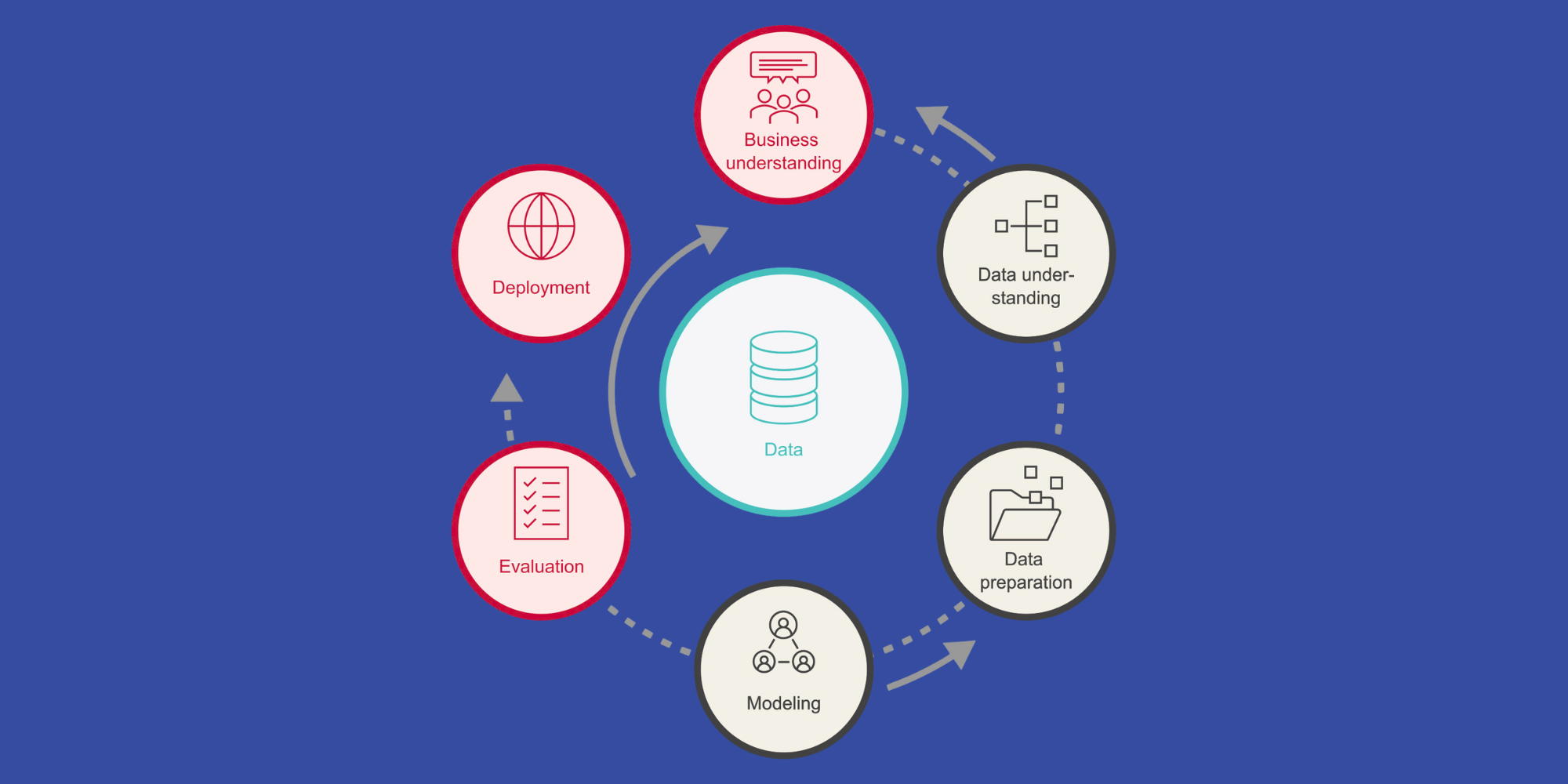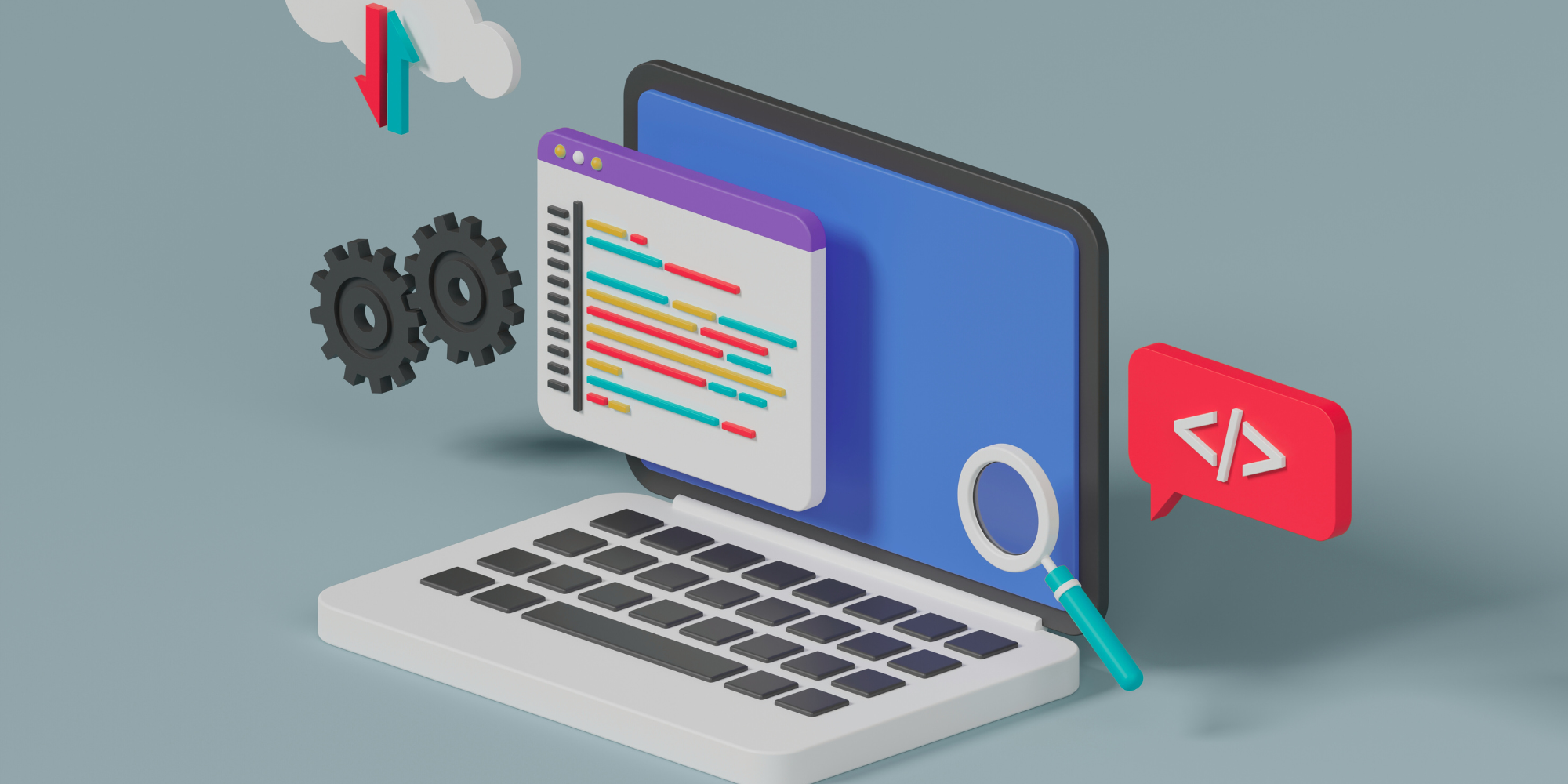From automating operations to powering customer experiences, artificial intelligence is changing the way businesses operate. As a result, AI skills are in high demand, especially among professionals with a background in data analytics and Python.
If you're already working with data and want to take the next step toward building machine learning (ML) models or working with large language models (LLMs), this is for you. Here's a step-by-step guide on how to transition from data analyst to AI professional.
Step 1. Choose Your AI Career Path
Your journey starts with identifying the type of AI career you want to pursue. The field of AI is broad, and different roles require different skill sets. Most entry-level roles share similar responsibilities. You might focus on protecting sensitive data from cyber threats, gaining experience in network security, managing risk, or overseeing access controls within an organization.
Here are a few popular AI roles suited for professionals with a background in data analytics:
AI Engineer: Designs and builds systems that can think and learn like humans.
Machine Learning Engineer: Develops machine learning models and algorithms to make predictions and automate tasks.
Data Engineer: Build systems that collect, manage, and convert raw data into usable information for data scientists.
AI Researcher: Works on advancing the field through new algorithms, models, and approaches.
AI Ethics Specialist: Develops guidelines and ethical frameworks and assesses products’ ethical risks and moral implications.
Software Developer: Creates AI-powered products that cater to various customer needs.
Identifying your area of interest early on allows you to dive deeper into a specific field, build targeted projects, and tailor your learning to support clear career goals.
Step 2. Strengthen Your AI Foundations
As a data analyst, you already bring critical thinking, data manipulation, and visualization skills to the table. Now it’s time to build on that foundation with core AI and ML competencies.
Focus on the following areas:
Programming Skills: Solidify your skills in Python, the leading language for AI. Get comfortable with libraries and frameworks like NumPy and Pandas, machine learning libraries such as Scikit-Learn, and deep learning frameworks including TensorFlow, PyTorch, and Keras.
Mathematics: Brush up on linear algebra, calculus, probability, and statistics, which are crucial for understanding how AI models work.
Machine Learning Basics: Understand the differences between supervised and unsupervised learning, neural networks, and model training to create predictive models.
Neural Networks: Gain exposure to Convolutional Neural Networks (CNNs) for image classification, Recurrent Neural Networks (RNNs) for forecasting and sequence data, and advanced models like transformers and BERT.
Step 3. Enroll in a Bootcamp
To truly master these skills and prepare for a career in AI, consider enrolling in a structured, immersive program that turns theory into hands-on practice, like SMU x Flatiron School’s AI/DS bootcamp.
Designed specifically for professionals with a background in data analytics, our bootcamp offers:
- Real-world projects to apply your skills
- Expert instruction in Large Language Models (LLMs), Cloud Computing, Machine Learning (ML), and NLP (Natural Language Processing)
- Career support to help you transition into AI roles with confidence
Step 4. Gain Hands-On Experience
Gain hands-on experience through internships: Internships are a valuable way to build real-world experience before landing your first AI role. Since they can be competitive, regularly check job boards like Indeed and LinkedIn while continuing your studies.
Build your skills with independent projects: Contributing to open-source AI projects is a great way to apply what you've learned and grow your expertise. Working on well-known projects can also enhance your resume.
Create a strong portfolio: A well-crafted portfolio can be a powerful asset, especially when you're applying for roles without prior experience. It's best to start building it early and continuously add projects as you learn. Try building an AI model, creating a chatbot, or integrating AI into an application.
Step 5. Build a Strong Network
With your AI skills in place, it’s time to focus on expanding your professional network. Building relationships in the tech community can open doors to mentorship, collaboration, and job opportunities. Here are some effective ways to start:
Attend events and join communities: Attending AI conferences, workshops, and meetups is a great way to connect with like-minded professionals and stay updated on industry trends. Both these events and communities provide insights from experts and opportunities to engage in conversations that could lead to mentorship or job opportunities.
- AI Events in Texas: Eventbrite features a variety of artificial intelligence events, including workshops, conferences, and community meetups. These events cover a range of topics, from introductory AI concepts to advanced AI-powered system development. You can find events in specific locations and filter by free events or specific dates.
- Meetup Event - Dallas AI: Dallas AI is the largest, nonprofit AI forum in North Texas with a community of 8,000+ professionals distributed over meetup and LinkedIn. Its mission is to help Texas become a vibrant hub for AI via providing quality avenues for professional learning and networking. Staying active in the AI community can open doors to valuable connections and opportunities throughout your journey.
- AI in Texas Meetup: They host discussions, workshops, and networking events focused on all things AI. Connect with other individuals who share your passion and interests in this rapidly evolving field.
- Global AI Dallas/Fort Worth: This meetup group is catered to anyone interested in AI, machine learning, and data science. Whether you're a beginner looking to learn more about AI or a seasoned professional wanting to network with like-minded individuals, this is the perfect place for you. They host education sessions, networking events, and workshops focused on the cutting-edge advancements in AI technology.
- Dallas TechXchange (DTX): This is a vibrant community connecting leaders and practitioners across Software Development, Product Management, DevOps, Design, and Agile in the DFW area.
- Elevate IT: They offer a variety of high-quality IT and security events to gain industry insights, learn from field experts, and network with others in the North Texas IT community.
Other options:
- Use LinkedIn to engage with AI-related content by commenting on posts, sharing articles, and joining AI-focused groups. You can also connect with professionals by sending personalized messages explaining why you're interested in connecting, which can lead to meaningful relationship building.
- Collaborate with other learners on AI projects by contributing to open-source work, joining hackathons, or volunteering at AI events. These experiences offer valuable opportunities to connect with like-minded individuals who may recommend you for future roles or collaborations.
Here’s what Flatiron School’s certificate holders Mike Diaz and Tony Kim had to say about the value of networking:
“Networking was fun and so valuable. I got the opportunity to catch up with people I hadn’t spoken with in years and hear their stories and get advice from them. Their advice in turn made me better at networking, programming, and job-hunting. Ultimately I got my job because of networking. Someone at Attentive asked one of my connections if they knew anybody who might fit in on their team and my name came up. That never would have happened if I had not been working every day to develop relationships and inspire others to advocate for me.” — Mike Diaz
“If I could just give one piece of advice, it’s connections, connections, connections. It doesn't really matter your background, but if you can try to get as much exposure for your name and your network, I think that's the biggest piece of advice I can give to anyone: try to get to know as many people in the industry.” — Tony Kim
Networking can feel daunting, but it’s all about building authentic connections. Ask questions, listen actively, and be open to learning. You never know who might help you take the next step in your career.
Step 6. Prepare for Interviews
The final step in landing an AI job is preparing for the interview process. Alongside traditional interview questions, you should be ready for more technical challenges such as coding tasks, problem-solving scenarios, and in-depth conversations about your AI projects.
Our career services team supports you every step of the way. You'll receive personalized guidance, mock interviews, and feedback to help you navigate the technical interview process with confidence. Career Services is included with every capstone and bootcamp program to help you stand out in a competitive job market.
Start Your AI Career Journey Today
The demand for AI professionals continues to grow, and professionals who understand how to build and apply AI solutions will shape the future of business, technology, and society. If you have a background in data and a desire to grow, now is the time to build on your strengths and transition into this high-impact field. By gaining hands-on experience, deepening your technical skills, and building a strong professional network, you can successfully transition into an AI-focused role.
Our program offers the tools, training, and community to help you make that leap, with expert-led instruction, real-world experience, and dedicated career support. If you are ready to take the next step toward a future in artificial intelligence, apply today and start your journey with a program designed to accelerate your growth and connect you to real-world opportunities.




.png)


